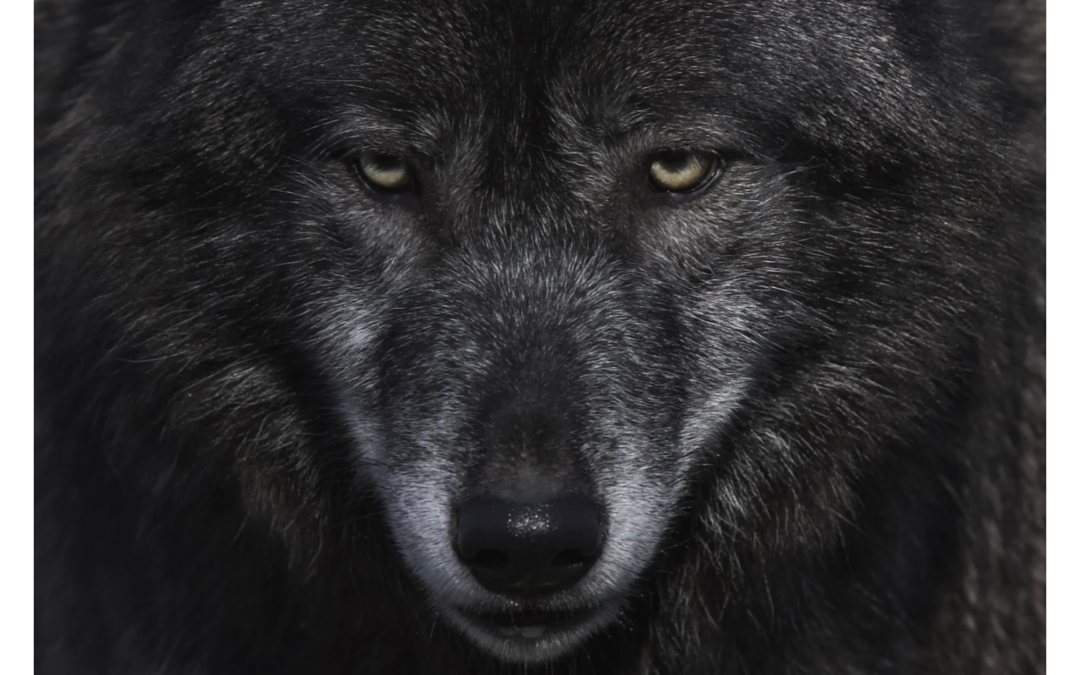PART 1 OF 2
Fear is a powerful emotion. There are all kinds of fear: fear of failure, fear of rejection, fear of heights, fear of death (either your own or that of a loved one), fear of snakes (I have that fear), fear of public speaking, fear of war. And now there’s the current double whammy fear of war and recession.
I think if you asked 100 people if they are currently actively working on their dreams (professional or personal), probably 95 of those people would say they are not achieving their dream because of some form of fear. I think that’s sad.
Years ago, I heard Zig Ziglar say this about fear, “FEAR: False Evidence Appearing Real.” That always stuck with me.
I recently read something about fear from Ryan Holiday in his book Courage is Calling: Fortune Favors the Brave.
It was an account of Ulysses S. Grant from early in his military career. He was on a journey across East Texas with tired horses, sick men and dwindling supplies. They needed to cover 70 miles and get to Corpus Christi to not be declared absent without leave. So, Grant and another man set out by themselves, in a hurry and vulnerable and at the mercy of Indians, outlaws, the rugged countryside and the elements.
And the wolves.
The two men heard “the most unearthly howling of wolves.” Grant couldn’t see them in the tall prairie grass, but he was sure they were near and numerous. He wanted to turn around. The other officer had a bit more experience than Grant. He asked him, “How many wolves do you think are in that pack?” Grant guessed “about twenty.”
Suddenly, the two men came upon the wolves—just two of them, relaxing in the grass. And Grant realized that he had been so unnerved by an unfamiliar danger that he never questioned whether or not his fear was grounded in reality.
Some forty years later, after a successful life in public service and politics, Grant would say he often thought of that incident when he heard of someone changing course due to criticism or when someone was considering giving up because things weren’t going well. The lesson in these situations, he concluded, was this: “There are always more of them before they are counted.”
The “them” he’s talking about can be obstacles, enemies, critics, whatever. But they are never as numerous as you think—or as they’d like for you to think.
The other part of the lesson Grant learned that day on the prairie? Those wolves ran away. Grant and his partner were the stronger united front.
This part of the story resonated again in 1861, when Grant was a lieutenant colonel in the Union army and sent to move against a Confederate army led by Colonel Thomas Harris in Missouri. Grant was afraid. He wrote: “I would have given anything then to have been back in Illinois, but I had not the moral courage to halt and consider what to do.”
So he soldiered up a hill, expecting to encounter the enemy at any moment only to get there and realize that the enemy was gone. Upon hearing that Grant and his troops were coming for them, they fled.
“It occurred to me at once that Harris had been as much afraid of me as I had of him,” Grant would write. “This was a view of the question I had never taken before; but it was one I never forgot afterwards. From that event to the close of the war, I never experienced trepidation upon confronting an enemy, though I always felt more or less anxiety. I never forgot that he had as much reason to fear my forces as I had his. This lesson was valuable.”
So is this lesson: Don’t let your fear dictate your actions. Things are rarely as frightful as they might seem. And there’s this, too: In most tense situations, both parties are uncomfortable; both feel trepidation.
Take time to see what’s really in your way. Size up the obstacles. Figure out how to deal with difficult people and situations. Ask for help. Rely on your team or someone who might see things differently and more clearly.
But if your fear is in your way, only you can manage that. Only you can get out of your own way.

Recent Comments